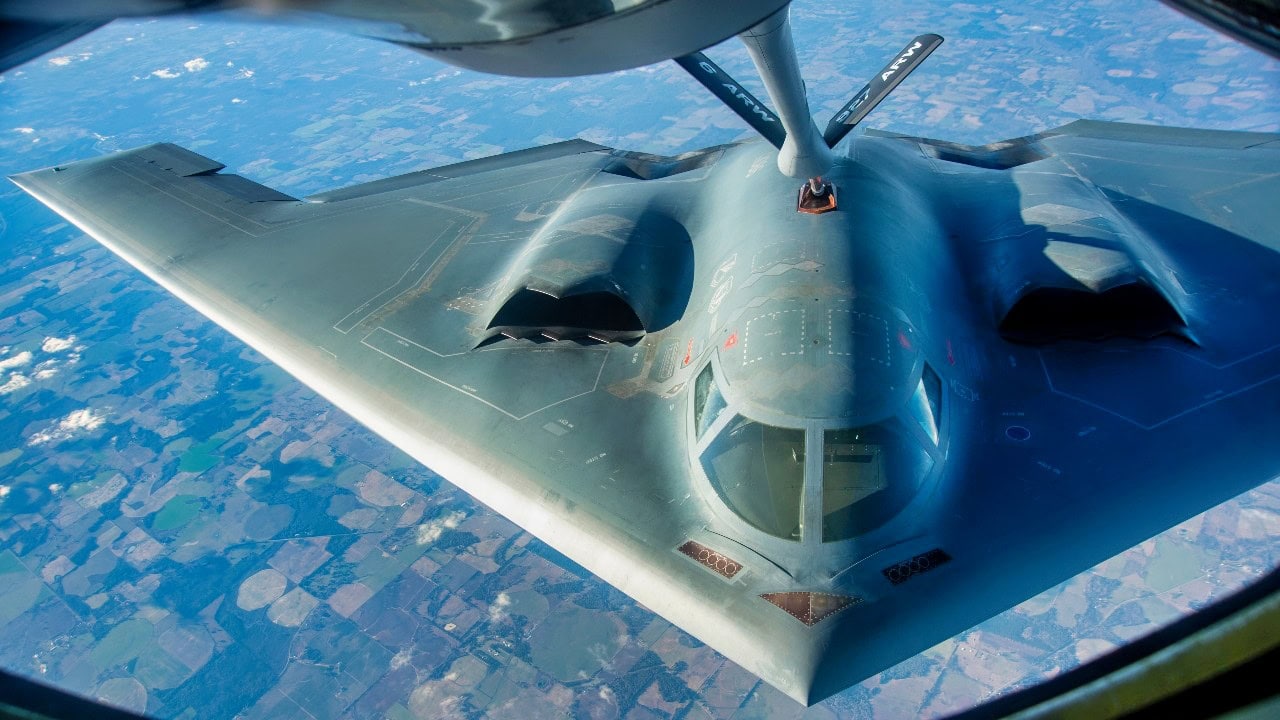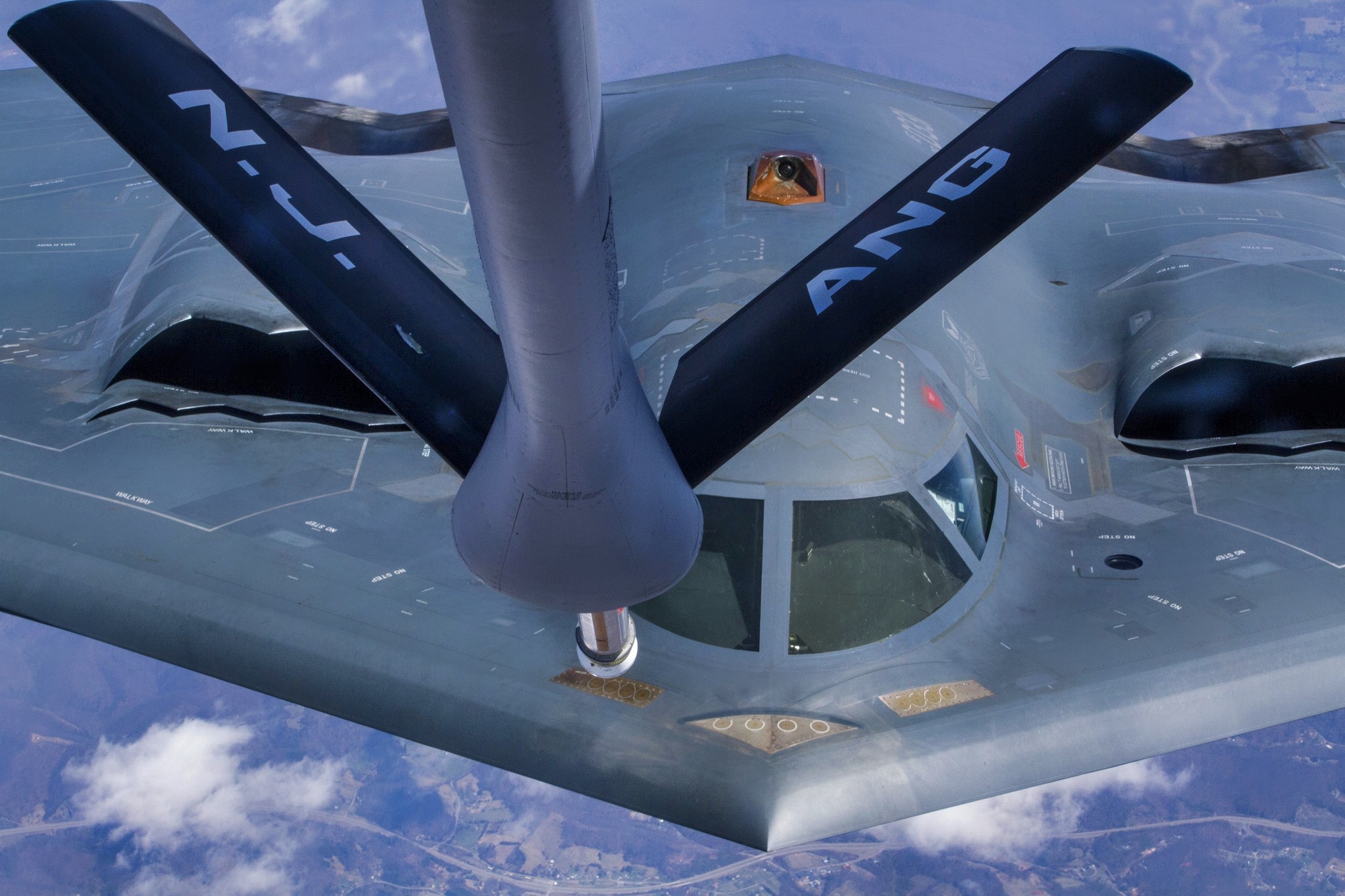Against the backdrop of the Trump Administration’s second term, the United States is taking a firmer stance in the Middle East—particularly against the Houthis and their armed wing. Conducting a much heavier campaign than Operation Prosperity Guardian in 2024, US forces are conducting heavy aerial and naval bombardment to degrade Houthi capabilities.
Though the strikes are opening opportunities for the internationally recognized government of Yemen to take back its country, the US military campaign is coming at a significant price to America’s limited precision, particularly for Indo-Pacific Command (INDOPACOM). With China’s rising ambitions in the Indo-Pacific, American military readiness and existing stockpiles will come into question for a Middle East campaign that so far hasn’t brought the Houthis into negotiations or submissions.
Renewed Strikes on the Houthis
After the 2024 US-led military operation against the Houthis, which produced limited results against the Yemeni militia, the Trump Administration ordered a much heavier campaign against the group, despite disagreements in the cabinet, according to the leaked Signal chats. The results of the renewed operations one month in show positive, lukewarm, and negative results.
The sustained bombing campaign, much more thorough and heavier than Operation Prosperity Guardian, is showing a message that the United States is committed to stopping Houthi piracy and missile strikes on commercial shipping, which is extremely valuable to the global economy. Whereas the initial 2024 operation targeted just missile launchers, the Trump Administration is taking a firmer stance by going after troop formations and Houthi leadership.
On April 4th, rumors emerged that Iran was withdrawing military advisers from Yemen in fear of the American military bombardment, which the Telegraph initially reported. However, the next day, Houthi officials denied the claims via Newsweek. Recently, a senior official in the Houthi movement told Dropsite News that they were willing to end attacks on American shipping vessels if the Trump Administration also puts pressure on Israel to end the war on Gaza.
Whereas former President Joe Biden saw anti-Houthi operations as a priority, albeit not with quite as firm a stance, the current Trump Administration sees these operations as strategic, even though some of his top cabinet members don’t, as Signalgate showed. President Trump is heavily supported and lobbied by Middle Eastern countries who are more favorable to him than to Biden, such as Saudi Arabia, the UAE, and Israel, who all have vested interests in seeing Iran and its proxies in Yemen incapacitated.
A potential ground offensive is brewing in the Saudi and UAE-backed forces in Yemen, which claim to take back the port city of Hodeidah, which the US Fifth Fleet could directly support. However, it is important to note just aerial and naval bombardment cannot defeat the Houthis, and ultimately, a broader coalition will be needed on the ground in Yemen with more than just a Hodeidah offensive that backs a government with a key goal of mending sectarian tensions so the country doesn’t continue a downward spiral.
Missile Stockpiles Used in Yemen Against Houthis Impact Indo-Pacific Readiness
The ongoing campaign against the Houthis and a potential armed conflict with Iran is pushing the US military readiness to its limits. Six B-2 bombers (one-third of the total US inventory) participating in the aerial campaign were redeployed to Diego Garcia. Furthermore, a carrier strike group, a THAAD missile battery, and an entire Patriot missile battalion were redeployed from the Indo-Pacific to the Middle East—further putting a strain on security gaps in the Indo-Pacific.
Pentagon officials are expressing concerns about not only the vast resources pulled to the Middle East but also the limited arsenals the bombing campaign is burning through—especially as production hasn’t increased as expected, as seen in other sectors, such as the stagnation of the AUKUS Virginia-class nuclear submarine.
During President Biden’s term in office, current missile stockpiles were below their target line, which was one of the factors in hesitation to provide Ukraine with long-range missiles, such as ATACMS, which former National Security Adviser Jack Sullivan recently revealed. With heavier and more devastating weapons used by President Trump’s administration, production problems are now under strain.
Limited stock is currently being used in Yemen, including the Tomahawk variations of the AGM-154 Joint Standoff Weapon and the AGM-158 Joint Air-to-Surface Standoff Missiles. The US Navy uses these missiles against a conflict between China and its People’s Liberation Army Navy (PLAN), now the world’s largest amphibious force.
Bunker busters are rapidly being shipped to the Middle East, not just for the Houthis, but a potential joint American-Israeli strike on Iran’s nuclear facilities if ongoing negotiations break down. Over the past several weeks, Israel has also received several hundred bunker-bursting weapons that could be used to strike against Iran’s nuclear facilities that are deep into fortified mountainous terrain.

A B-2 Spirit assigned to Whiteman Air Force Base, Mo., receives fuel from a KC-135 Stratotanker, Feb 7, 2021. A B-2 Spirit performed alongside a B-1B Lancer and a B-52 Stratofortress for the Super Bowl LV flyover on Feb. 7, 2021. (U.S. Air Force photo by Airman 1st Class David D. McLoney)
If a Conventional War Were to Happen, US Military Readiness is Threatened
The ongoing Houthi campaign, which hasn’t produced substantial results or brought the Yemeni militia’s ship and ballistic missile attacks to a halt, plus the potential domino effect on military action against Iran, could protract the United States Armed Forces at the worst possible time.
In Europe, fears of Russia mimicking the same playbook, this time against a NATO member, could be utilized to test the waters of NATO’s Article 5. This offensive might happen in areas such as the Suwalki Gap between Lithuania and Poland or provocations in the Russian-speaking Estonian city of Narva. With the Trump Administration engaged in a rift with Europe, any prolonged American military action in the Middle East benefits the Kremlin.
The Indo-Pacific region is quickly becoming a powder keg, and the withdrawal of critical assets could have significant effects if an armed conflict breaks out. In the Taiwan Strait, China continues to bolster its forces, which now frequently conduct mock drills for a potential invasion or blockade of Taiwan.
Tomahawks used in the Houthi campaign will be critical in defending Taiwan and deterring Chinese aggression. Japan is also interested in defending Taiwan, and its military readiness will need to be at a plateau to help prevent either China’s rising ambitions, North Korean missile aggression, or Russian provocations in the Pacific.
The redeployment of a THAAD battery and Patriot missile battalion from INDOPACOM to the Middle East also leaves South Korea and Japan vulnerable if North Korea were to conduct missile provocations unilaterally. Furthermore, an emboldened Kim regime that sent forces to gain combat experience alongside Russia could provoke a renewed war on the Korean Peninsula.
In the South China Sea, deterring China and its navy, the PLAN will be vital to the US Seventh Fleet as constant provocations by the former are testing America’s response and willingness to defend a treaty ally in the Philippines. If a naval engagement were to break out, the limited Tomahawks, many of which are being fired off in Yemen, would be crucial in incapacitating the Chinese fleet.
The Trump Administration must soon recognize that domestic defense production will need major augmentation and oversight. Using critical arms against an unconventional militia is causing security gaps—particularly in the Indo-Pacific region. China, North Korea, and Russia are becoming more emboldened by American indecisiveness and alliance rifts than ever.
About the Author: Julian McBride
Julian McBride, a 19FortyFive Contributing Editor, is a forensic anthropologist and independent journalist born in New York. He is the founder and director of the Reflections of War Initiative (ROW), an anthropological NGO that aims to tell the stories of the victims of war through art therapy. As a former Marine, he uses this technique not only to help heal PTSD but also to share people’s stories through art, which conveys “the message of the brutality of war better than most news organizations.”

